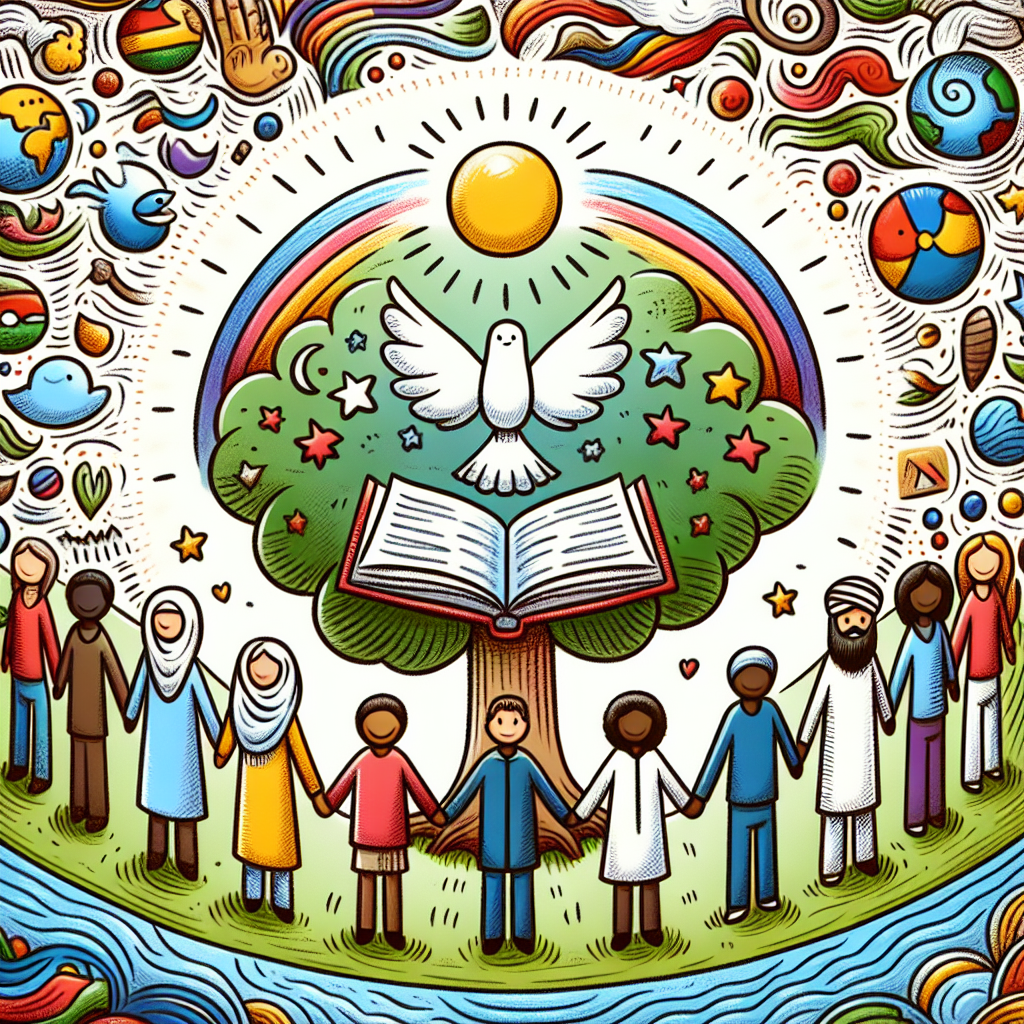In a world facing heightened violence and conflict, protecting freedom of thought, conscience, and religion or belief is now more critical than ever, said Nazila Ghanea, UN Special Rapporteur on freedom of religion or belief. Speaking at the UN General Assembly, Ghanea emphasized the need for respect for these freedoms, which, when upheld, can contribute to peace and mitigate violence.
“Millions are feeling the urgency of peace more painfully,” Ghanea noted, as conflicts and insecurity continue to impact communities worldwide. She stated that the freedoms of thought and belief are foundational to peace, yet barriers to these rights remain widespread, with states often failing to uphold these protections.
Ghanea's report to the General Assembly addressed a common misconception: that religion is inherently linked to either peace or conflict. “Religion does not inherently contribute to peace nor to conflict,” she said, warning against assumptions that associate religion with extremism or terrorism. She noted that “anti-extremist” policies often reinforce harmful stereotypes and can lead to the collective punishment and dehumanization of entire communities.
The report underscored that respecting freedom of religion or belief is a vital step in addressing conflict. By promoting open thought and conscience, states can challenge militarism and foster more inclusive approaches to conflict resolution. “When the right to freedom of belief is protected, it allows for diverse voices and perspectives, facilitating peace-oriented narratives,” Ghanea said.
The Special Rapporteur called on states to meet their international obligations to protect these freedoms, hold those promoting violence accountable, and avoid policies that punish entire belief communities. “Actors who advocate for war or violence, including those invoking religious or ideological grounds, must be held accountable,” Ghanea stated.
She further stressed the need for inclusive dialogue, particularly involving marginalized communities, Indigenous Peoples, women, youth, and religious minorities, who are often disproportionately affected by violence. “To alleviate polarization, states must ensure diverse voices are heard and represented in peace-building processes,” Ghanea said.
Highlighting that respect for freedom of religion or belief can foster peace-oriented and alternative narratives, Ghanea reiterated that these protections are crucial for establishing sustainable and peaceful societies.











